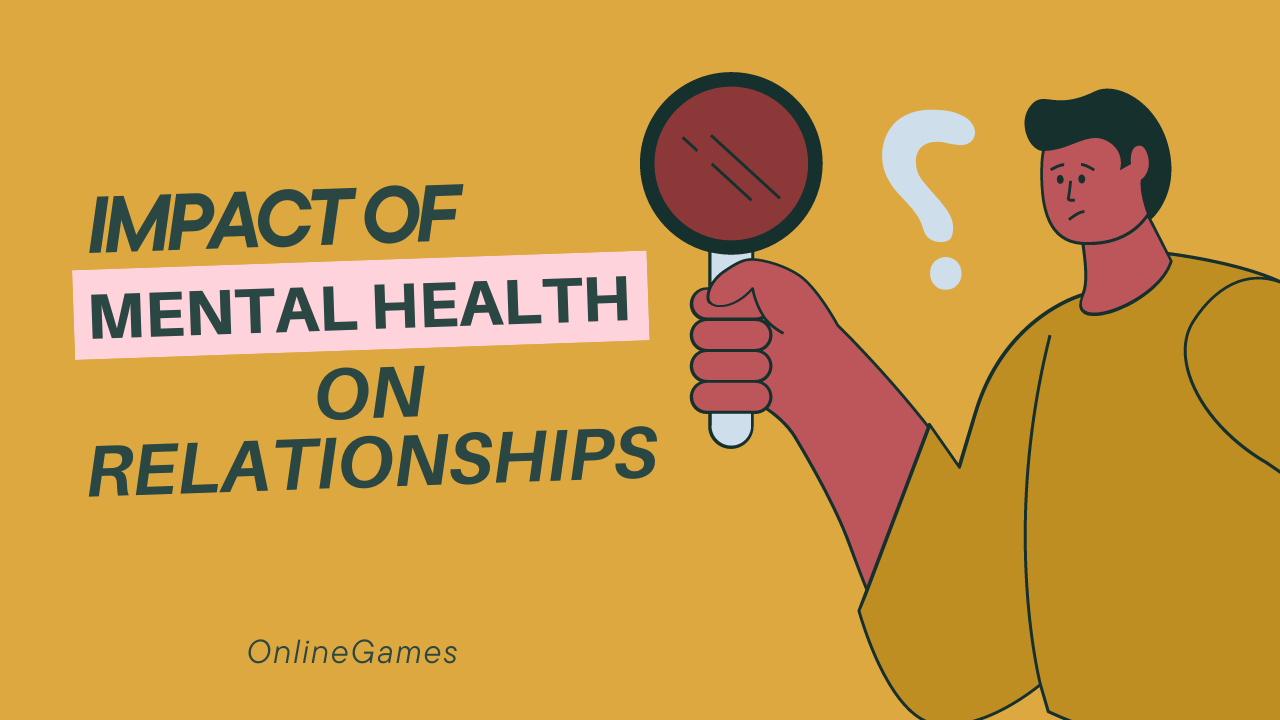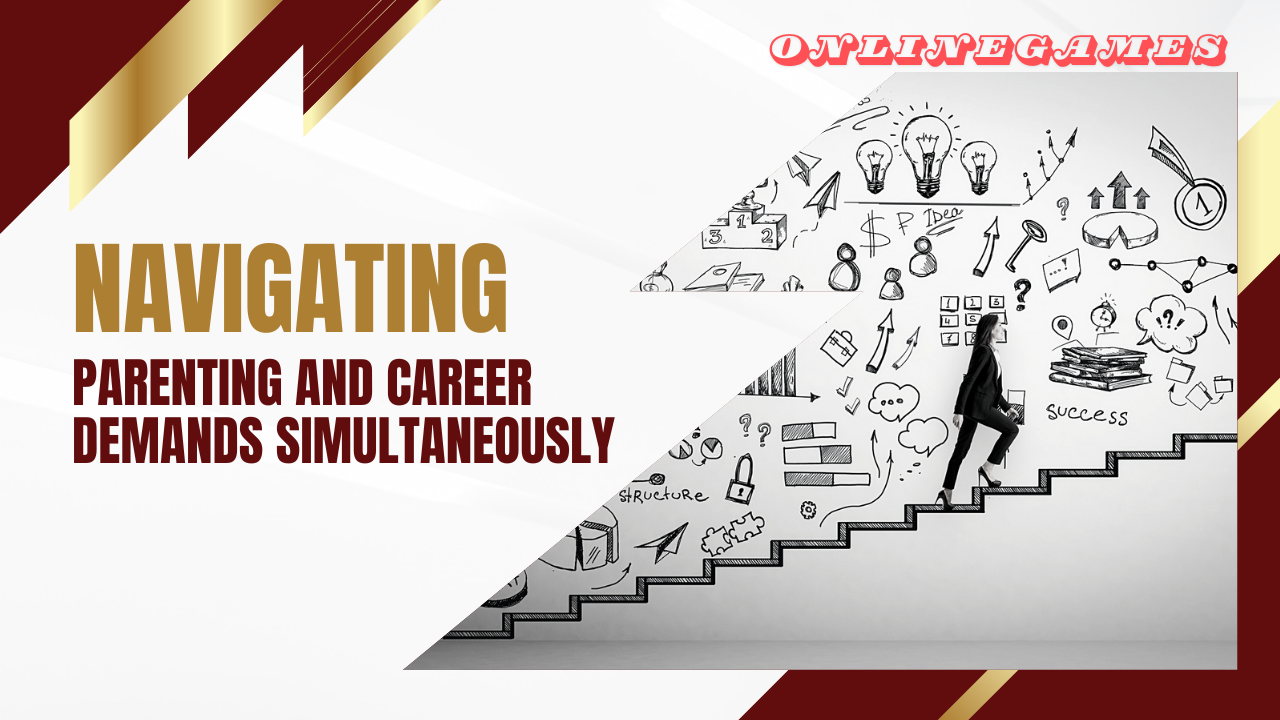Maintaining healthy relationships is essential for overall well-being, and mental health plays a pivotal role in shaping these connections. This article explores the intricate ways in which mental health impacts relationships, offering insights into challenges and strategies for fostering supportive, fulfilling partnerships.
Understanding Mental Health in the Context of Relationships
Mental health refers to emotional, psychological, and social well-being. In relationships, it influences how individuals perceive themselves, interact with others, and manage daily stressors. Healthy relationships thrive on mutual understanding, trust, and effective communication, all of which can be affected by mental health conditions.
Common Mental Health Issues
Conditions like depression and anxiety can significantly impact relationships. Depression may lead to withdrawal, decreased interest in activities, and difficulty expressing emotions, which can strain interactions with partners. Anxiety disorders may manifest as excessive worry or fear, affecting decision-making and increasing tension within relationships.
Communication Challenges
Effective communication is crucial for healthy relationships but can be challenging when mental health issues are present. Mental health conditions can alter communication styles, leading to misunderstandings, defensiveness, or avoidance of sensitive topics. Open and empathetic communication is essential for navigating these challenges and maintaining relationship harmony.
Emotional Intimacy
Emotional intimacy involves sharing feelings, thoughts, and vulnerabilities with a partner. Mental health influences emotional availability and responsiveness, impacting the depth of connection in relationships. Partners may struggle to connect emotionally when one experiences mental health challenges, requiring patience, understanding, and mutual support to foster intimacy.
Trust and Support
Building and maintaining trust is essential in relationships affected by mental health. Individuals may experience doubts or insecurities due to fluctuations in mood or behaviour. Establishing clear communication, demonstrating reliability, and offering unwavering support is vital for nurturing trust and strengthening relationship bonds.
Impact on Conflict Resolution
Conflicts are inevitable in relationships but can be more challenging to navigate when mental health issues are present. Conditions like mood disorders or trauma may heighten sensitivity to perceived threats, making conflict resolution more complex. Approaches involving empathy, active listening, and seeking compromise are effective in resolving conflicts constructively.
Changes in Social Interactions
Mental health conditions can influence social interactions, leading to withdrawal from social activities or avoidance of gatherings. This social isolation can strain relationships, limiting opportunities for shared experiences and mutual support. Encouraging participation in social activities and maintaining connections with friends and family can mitigate the impact of social withdrawal on relationships.
Self-Care and Relationships
Individuals must prioritize self-care to maintain mental well-being and contribute positively to relationships. Engaging in activities that promote relaxation, physical health, and emotional stability benefits both partners. Encouraging and supporting each other’s self-care practices fosters mutual respect and enhances relationship satisfaction.
Seeking Professional Help
Recognizing when professional help is needed is crucial for managing mental health within relationships. Therapy or counselling can provide valuable tools for addressing challenges, improving communication, and fostering emotional resilience. Seeking help demonstrates a commitment to relationship health and empowers individuals to manage mental health effectively.
Role of Family and Friends
Support from family and friends is invaluable in navigating mental health challenges within relationships. Loved ones can offer encouragement, practical assistance, and emotional support during difficult times. Educating family and friends about mental health promotes understanding and reduces stigma, creating a more supportive environment for individuals and their partners.
Cultural and Societal Influences
Cultural beliefs and societal norms shape perceptions of mental health and influence how individuals and couples approach treatment. Addressing cultural stigma and promoting acceptance of mental health issues within communities are essential steps toward improving support systems and access to resources.
Long-term Effects
Unresolved mental health issues can have enduring effects on relationships, affecting trust, communication, and overall relationship satisfaction. Proactively addressing mental health concerns, prioritizing self-care, and seeking professional assistance contribute to long-term relationship stability and well-being.
The impact of mental health on relationships is profound, influencing communication, emotional intimacy, conflict resolution, and overall relationship dynamics. Recognizing the signs, seeking support, and fostering understanding is crucial for navigating challenges and nurturing healthy, resilient relationships.
FAQs
- How can mental health issues affect romantic relationships? Mental health issues can strain communication, intimacy, and trust, impacting the overall quality of romantic relationships.
- What should I do if my partner is struggling with mental health? Offer empathy, encourage open communication, and support them in seeking professional help if needed.
- Can relationships improve with mental health treatment? Yes, addressing mental health concerns through therapy or counselling can enhance communication, intimacy, and overall relationship satisfaction.
- How does stigma impact seeking help for mental health in relationships? Stigma may prevent individuals from seeking help, delaying treatment and affecting relationship dynamics negatively.
-
What role do boundaries play in maintaining healthy relationships with mental health challenges? Setting and respecting boundaries is crucial for managing expectations, reducing conflicts, and supporting individual well-being within relationships.










